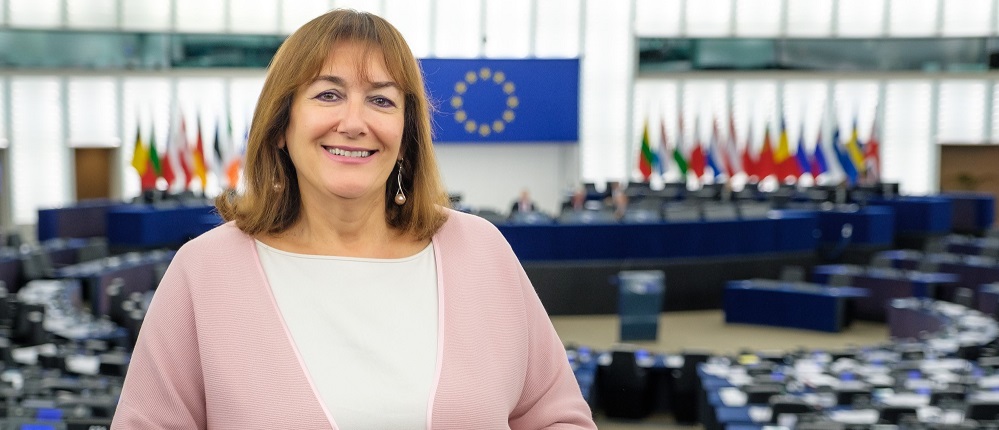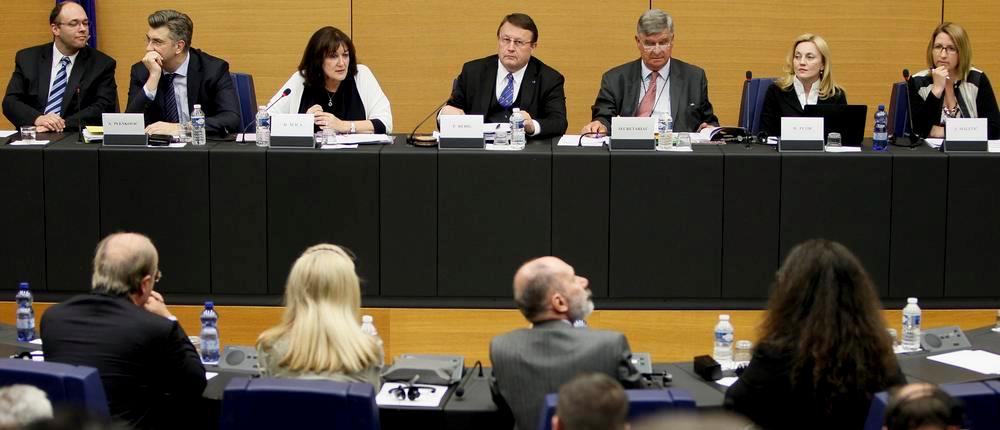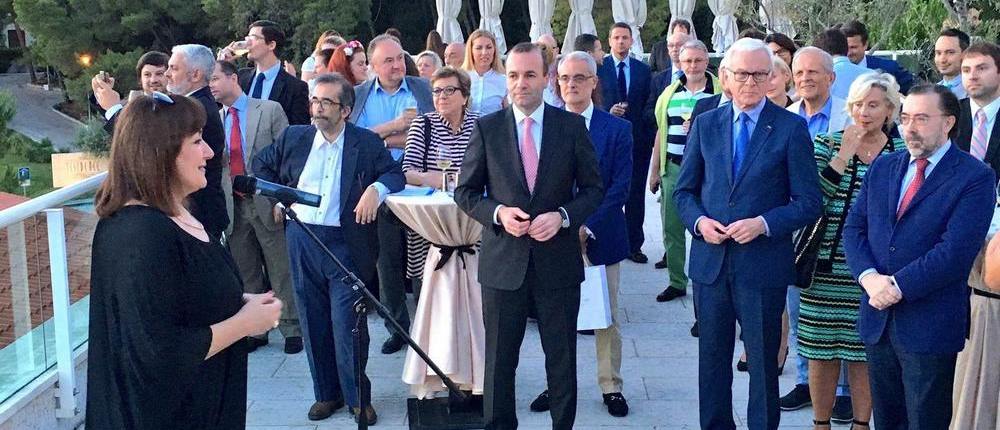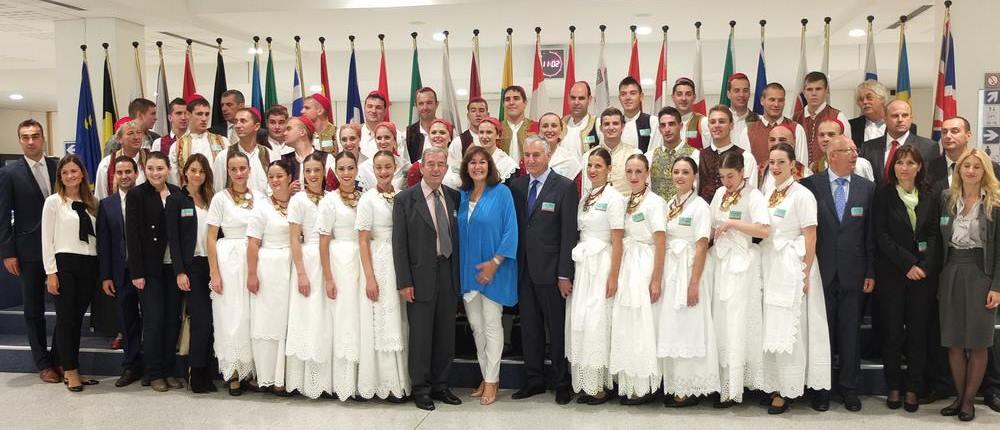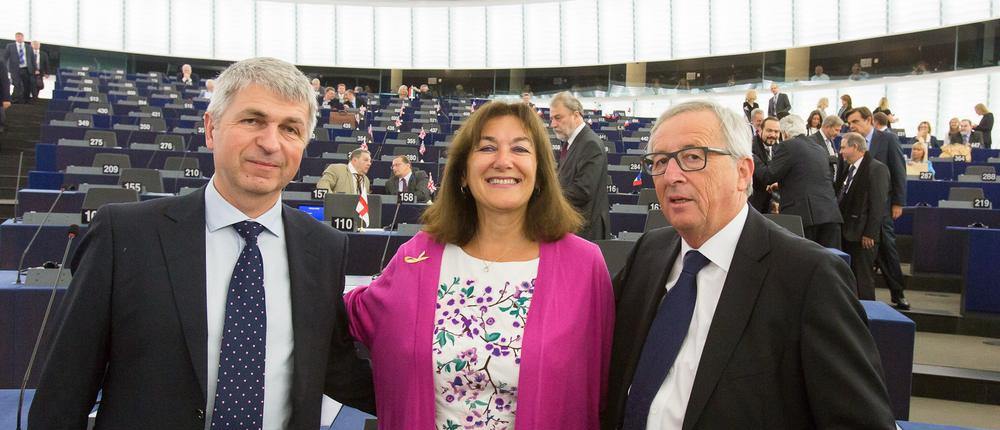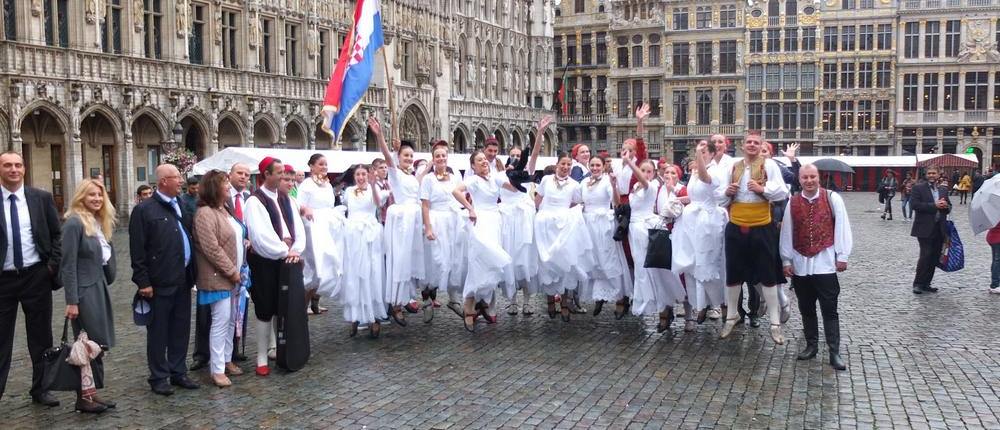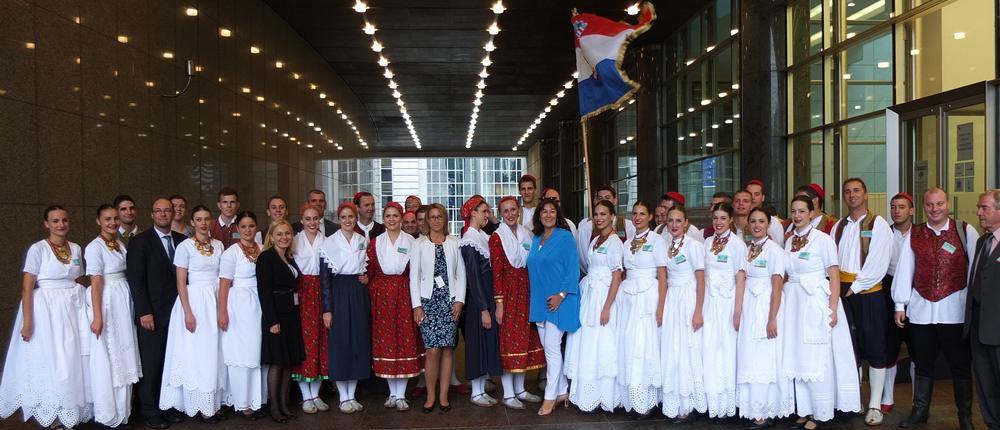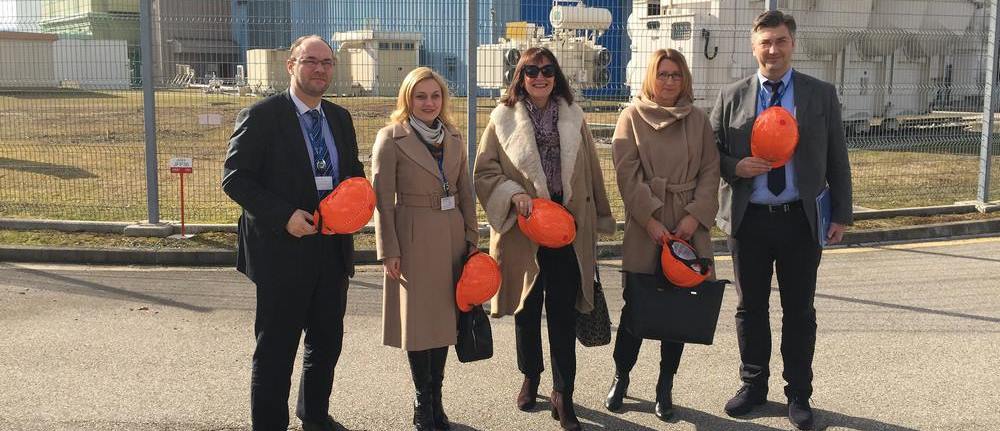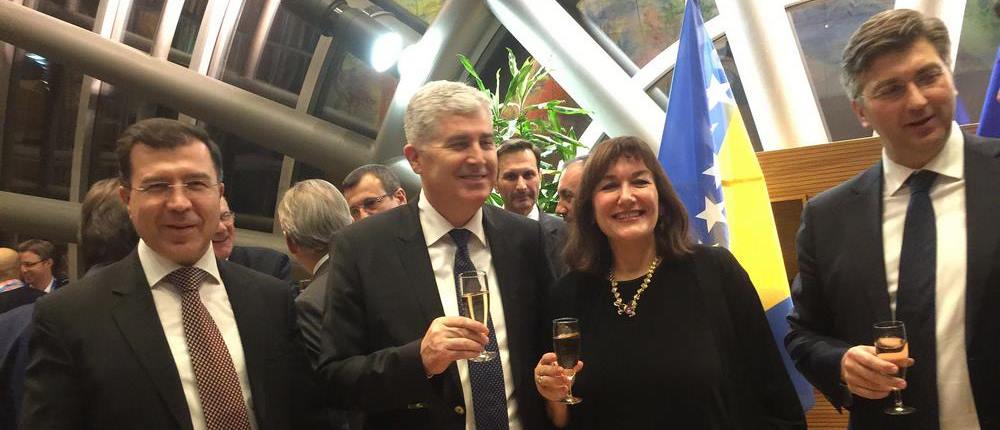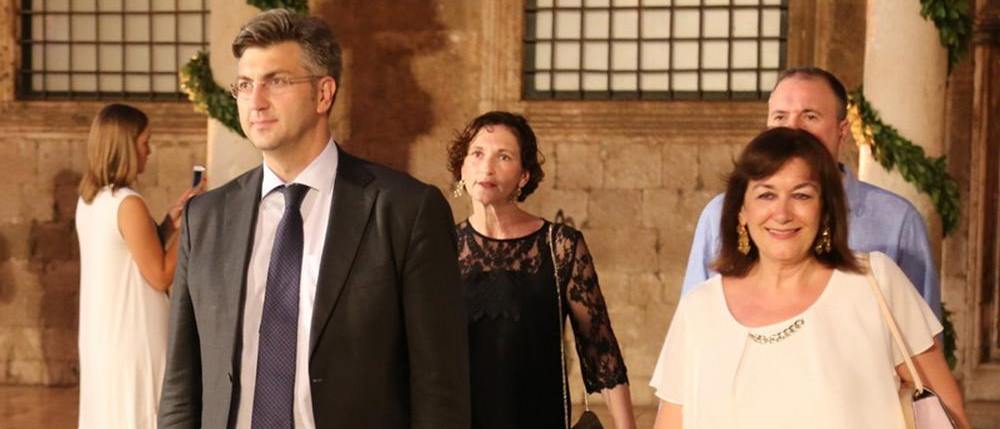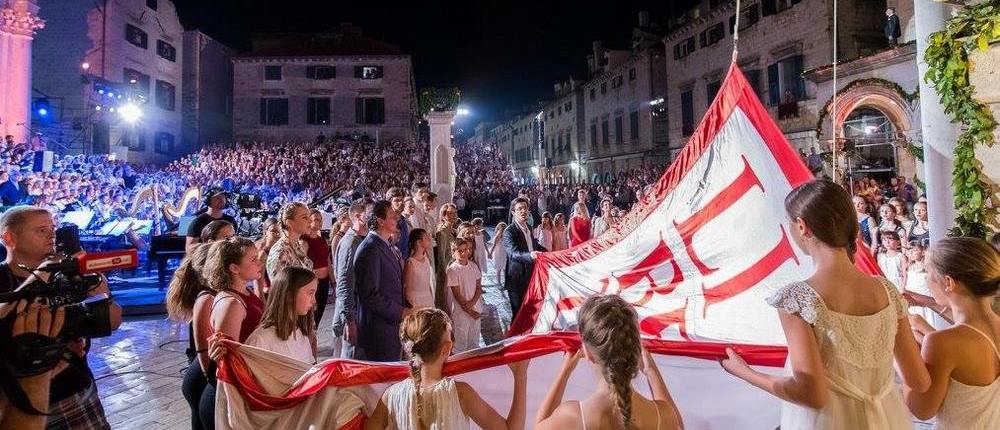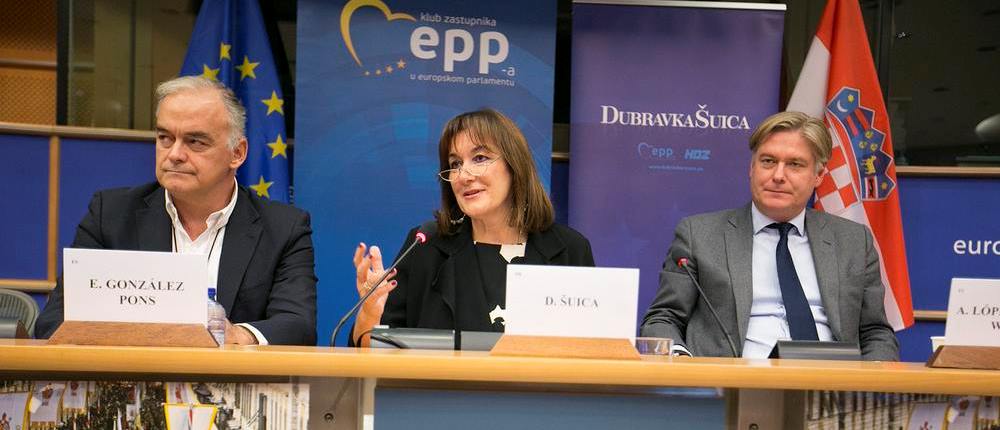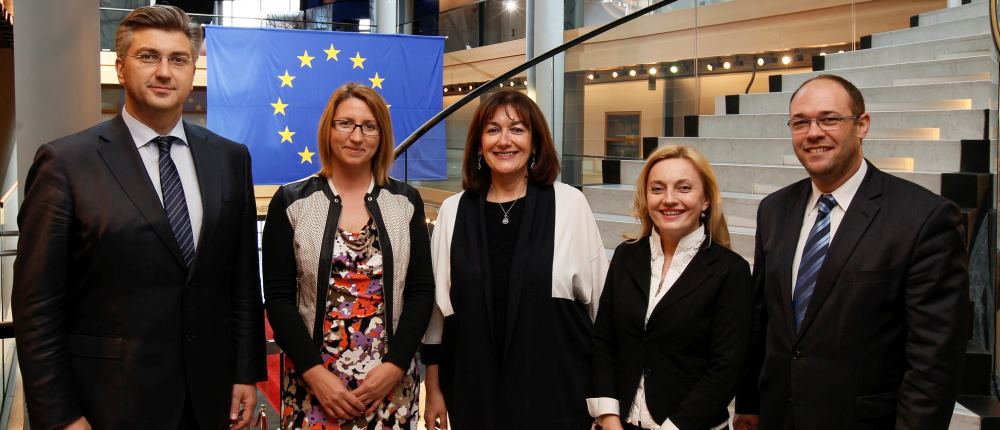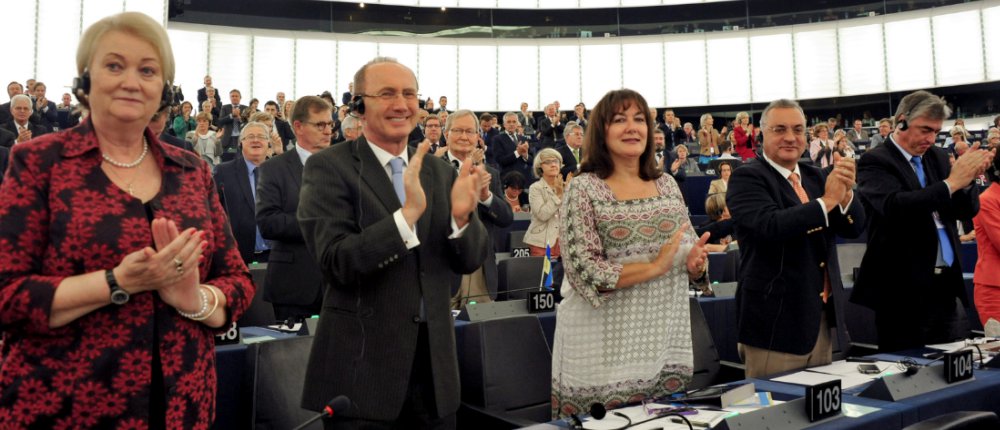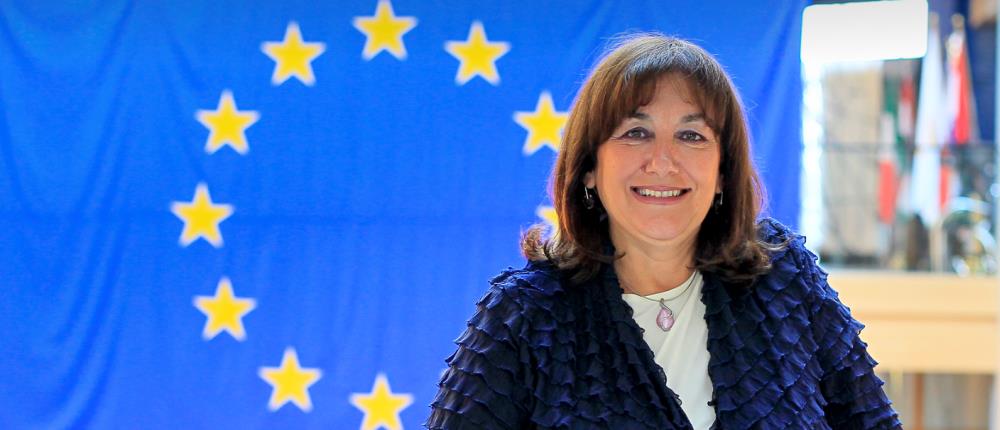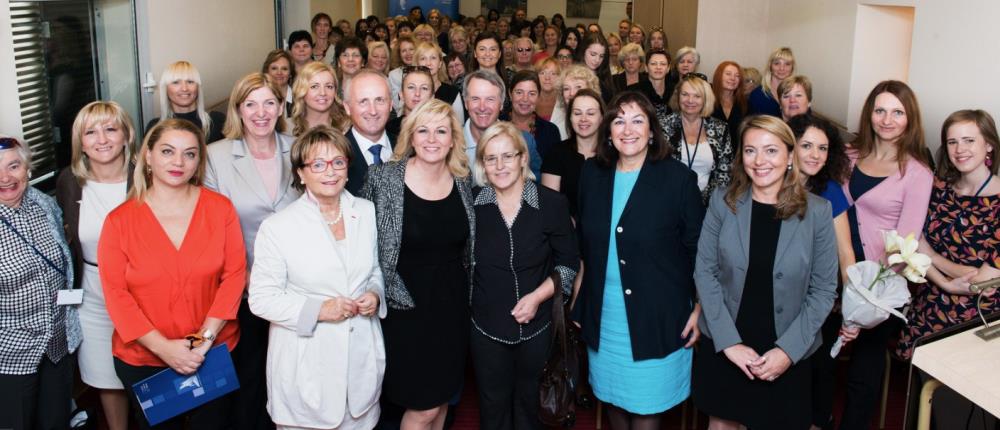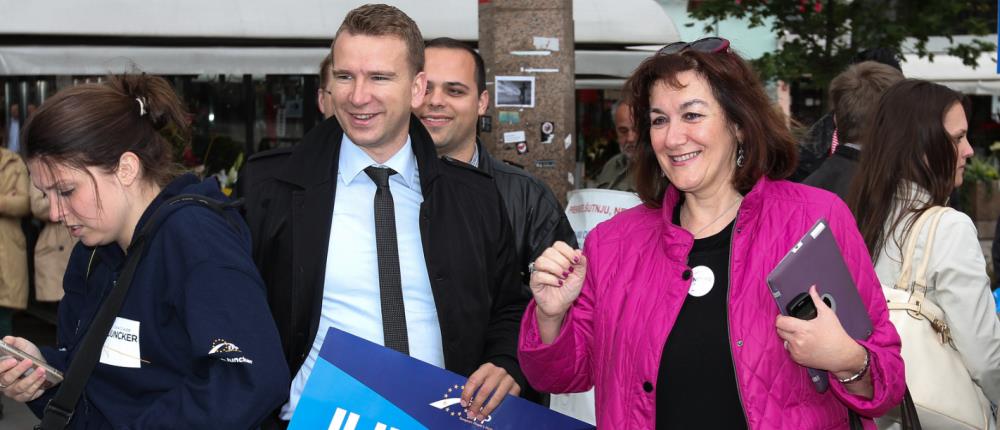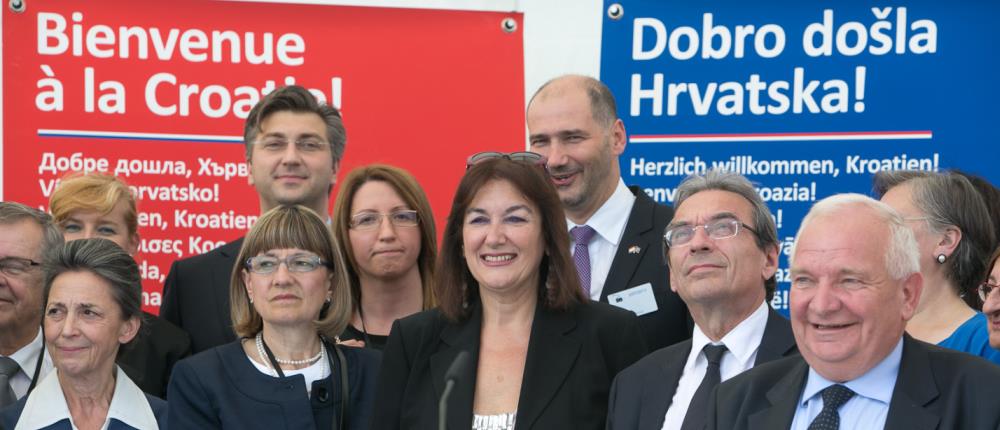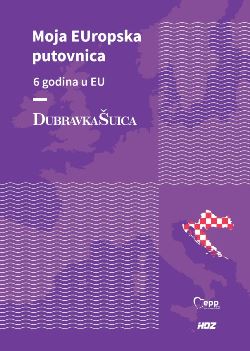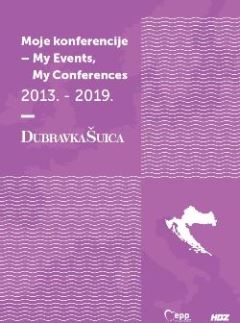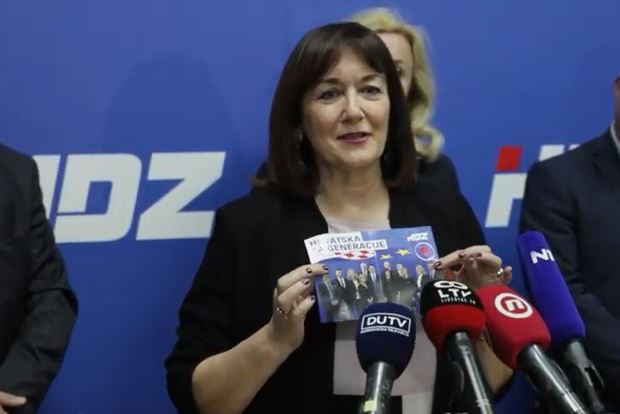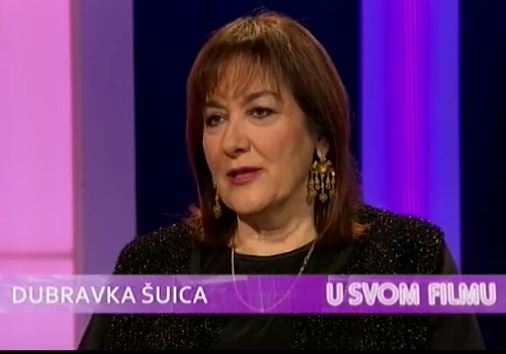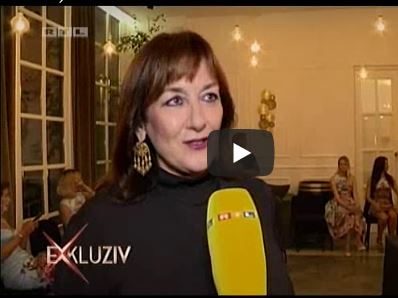Answer given by Mr Kallas on behalf of the Commission
Within the four countries mentioned by the Honourable Member, support from the Cohesion Fund (CF) and the European Development Fund (ERDF) is available only to projects in Croatia and Greece, as EU Member States eligible to these funds. CF/ERDF support is mainly available in the form of grants.
Support from the CEF(1) could be provided in all four countries mentioned, in the form of grants and financial instruments provided these projects comply with the requirements in the TEN-T Guidelines regulation(2).
Grants could be awarded for studies as well as for works. Grants for road works can be awarded only for cross-border section projects (including the border crossing point) in Croatia and Greece. More specifically, on the Ioannina-Kakavia section of the road connection between Greece and Albania, and the Dubrovnik-Karasovići section of the road connection between Croatia and Montenegro.
Road projects in Albania and Montenegro could also benefit of support from the Instrument for Pre-Accession IPA in particular through the western Balkans Investment Framework(WBIF).
It is up to the respective countries to come forward with requests for EU financial support. The Commission will decide on whether to grant such support depending on the relevance and value-added of the project with regard to the EU policy objectives, and the availability of financial resources under the various instruments mentioned as established in the relevant criteria.
(1) Regulation (EU) No 1316/2013 of the European Parliament and of the Council of 11 December 2013 establishing the Connecting Europe Facility, amending Regulation (EU) No 913/2010 and repealing Regulations (EC) No 680/2007 and (EC) No 67/2010, OJ L 348, 20.12.2013.
(2) Regulation (EU) No 1315/2013 of the European Parliament and of the Council of 11 December 2013 on Union guidelines for the development of the trans-European transport network and repealing Decision No 661/2010/EU, OJ L 348, 20.12.2013.



